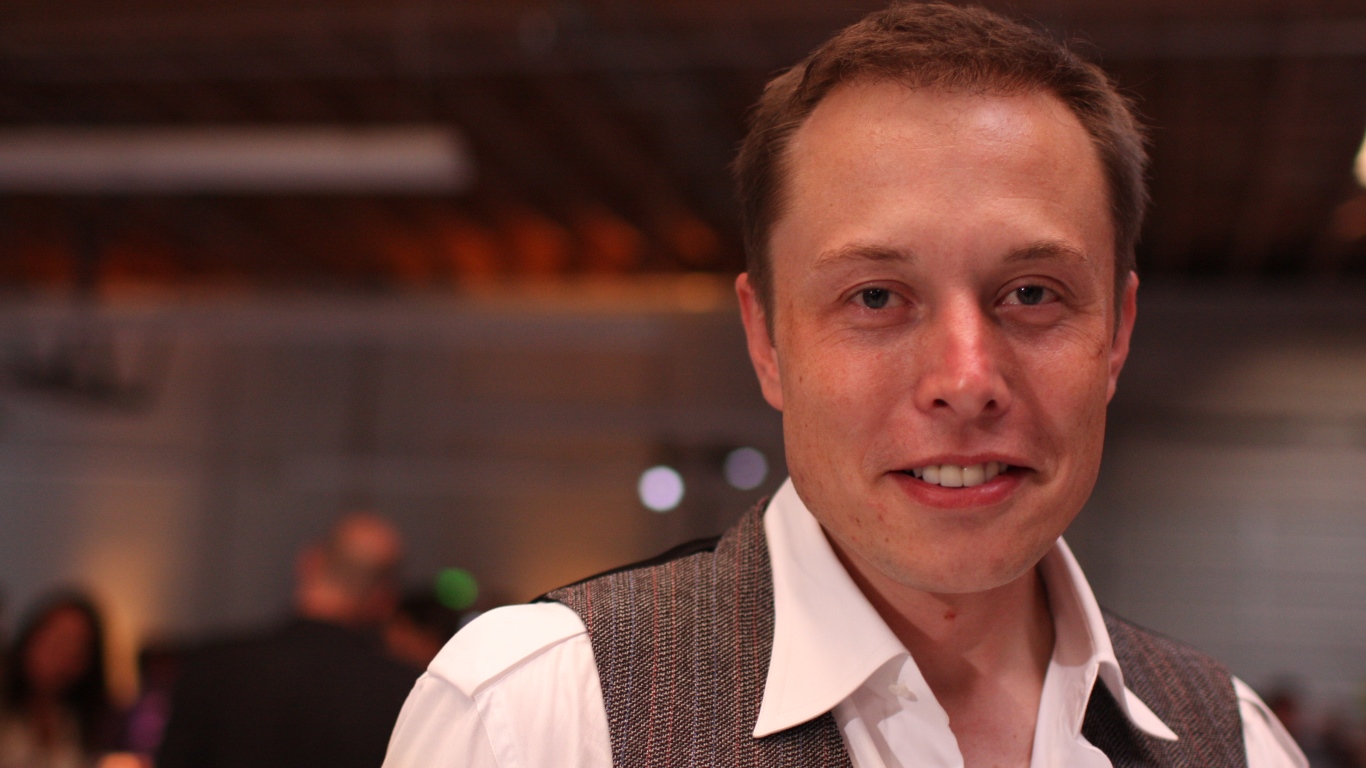Cars and Drivers
Why Won't Elon Musk Tell Us the Truth?

Published:
Last Updated:

Elon Musk, the founder and CEO of Tesla Inc. (NASDAQ: TSLA), skirts the truth from time to time. The actions have frustrated investors, employees and perhaps suppliers. They may be attached to whether Tesla is a going concern, at least financially.
The latest information about Tesla that Musk has avoided addressing is whether he can pay suppliers. The Wall Street Journal reported that 18 of 22 Tesla suppliers surveyed are worried enough about Tesla’s finances that they are anxious. So far none has stopped supplying Tesla, but if their anxiety rises, they could do so, or demand cash in advance of delivery. Musk has told the world that Tesla’s financial situation is strong enough to get it to profitability. He has to know which of these truths is true.
The most recent debate about whether Musk will tell the truth concerns his comments about taking Tesla private. He says that Saudi financiers could be the primary source of funds. Goldman Sachs says it is advising Tesla. The investment bank said its advice is about something that is “essential” to Tesla. Since one of its analysts said Tesla may need to raise $10 billion in two years, the advice may be about funding to continue operations, as much as anything else.
Musk also said Tesla can sustain production of its Model 3 at levels well above 5,000 a month. Musk says the number could be as high as 10,000 by 2019. However, there have been reports of bottlenecks and parts shortages, and most come from Tesla workers. It is hard to understand why they would lie.
Perhaps the least likely of Musk’s claims is that Tesla will make money by the end of this year. In the company’s second-quarter investment letter, he wrote:
For the rest of this year, total non-GAAP operating expenses should remain relatively stable at Q2 levels excluding restructuring costs, as a result of our overall drive towards operating efficiencies. The higher import duties on Chinese components and unfavorable currency movements are likely to cause negative pressures. That said, we still expect to achieve GAAP profitability in Q3 and Q4. Going forward, we believe Tesla can achieve sustained quarterly profits, absent a severe force majeure or economic downturn, while continuing to grow at a rapid pace. We expect to generate positive cash including operating cash flows and capital expenditures, as well as the normal inflow of cash received from non-recourse financing activities on leased vehicles and solar products.
Short interest in Tesla’s shares and its stock performance are an indication almost no knowledgeable outsiders believe these claims are true. JPMorgan cast doubt on both Tesla’s financial position and its buyout prospects. One of its analysts commented about Musk’s assurance he had money to go private: “Our interpretation of subsequent events leads us to believe that funding was not secured for a going private transaction, nor was there any formal proposal.”
Among the reasons that Tesla does not have a “go private” opportunity is that its financial situation continues to deteriorate, perhaps doing so rapidly.
This is a fairly long list of things that Musk says are true about Tesla and its prospects. Most have been refuted or met with educated skepticism. Are some of his comments untrue? The answer is almost certainly yes. The reason for these actions is a mystery but may be part of his attempt to keep the company afloat. That makes them misleading, or perhaps worse.
Retirement can be daunting, but it doesn’t need to be.
Imagine having an expert in your corner to help you with your financial goals. Someone to help you determine if you’re ahead, behind, or right on track. With SmartAsset, that’s not just a dream—it’s reality. This free tool connects you with pre-screened financial advisors who work in your best interests. It’s quick, it’s easy, so take the leap today and start planning smarter!
Don’t waste another minute; get started right here and help your retirement dreams become a retirement reality.
Thank you for reading! Have some feedback for us?
Contact the 24/7 Wall St. editorial team.